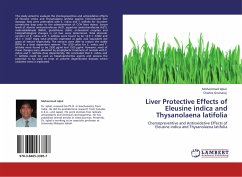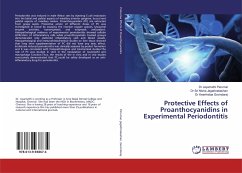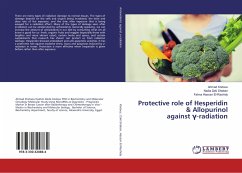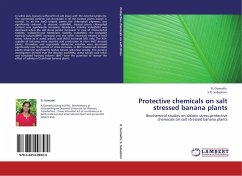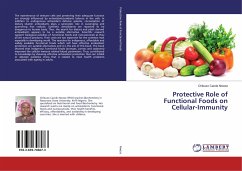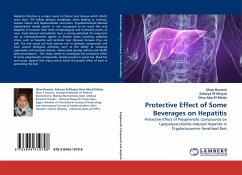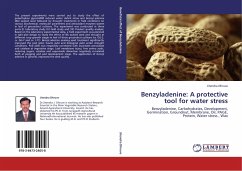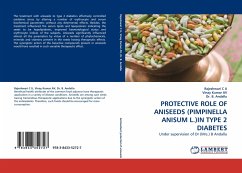This study aimed to evaluate the chemopreventive and antioxidative effects of Eleusine indica and Thysanolaena latifolia against CCl4-induced liver damage. Rats were pretreated with E. indica and T. latifolia for fourteen consecutive days prior to the administration of CCl4 (two doses). Serum levels of alanine aminotransferase (ALT), aspartate aminotransferase (AST), malondialdehyde (MDA), glutathione (GSH), antioxidant enzymes and histopathological changes in rat liver were determined. Total phenolic content of E. indica and T. latifolia were found to be 14.9 ± 0.002 and 20.3 ± 0.007 mg/g total phenolic expressed as gallic acid equivalent per gram of extract respectively. The extracts were able to reduce the stable DPPH in a dose dependent manner. The IC50 value for E. indica and T. latifolia were found to be 2350 µg/ml and 1525 µg/ml. However, most of these changes were alleviated by prophylactic treatment of animals with E. indica and T. latifolia dose dependently. We concluded that E. indica and T. latifolia could be used as hepatoprotective agents and possess the potential to be used to treat or prevent degenerative diseases where oxidative stress is implicated.

